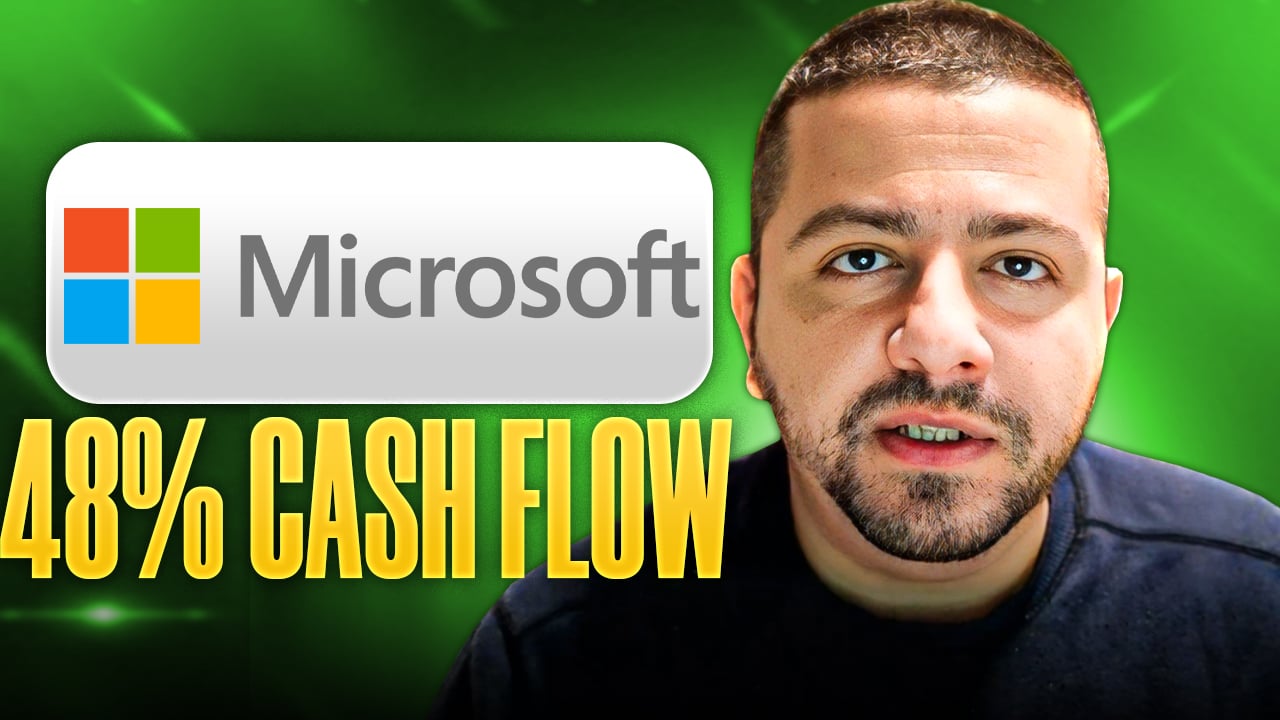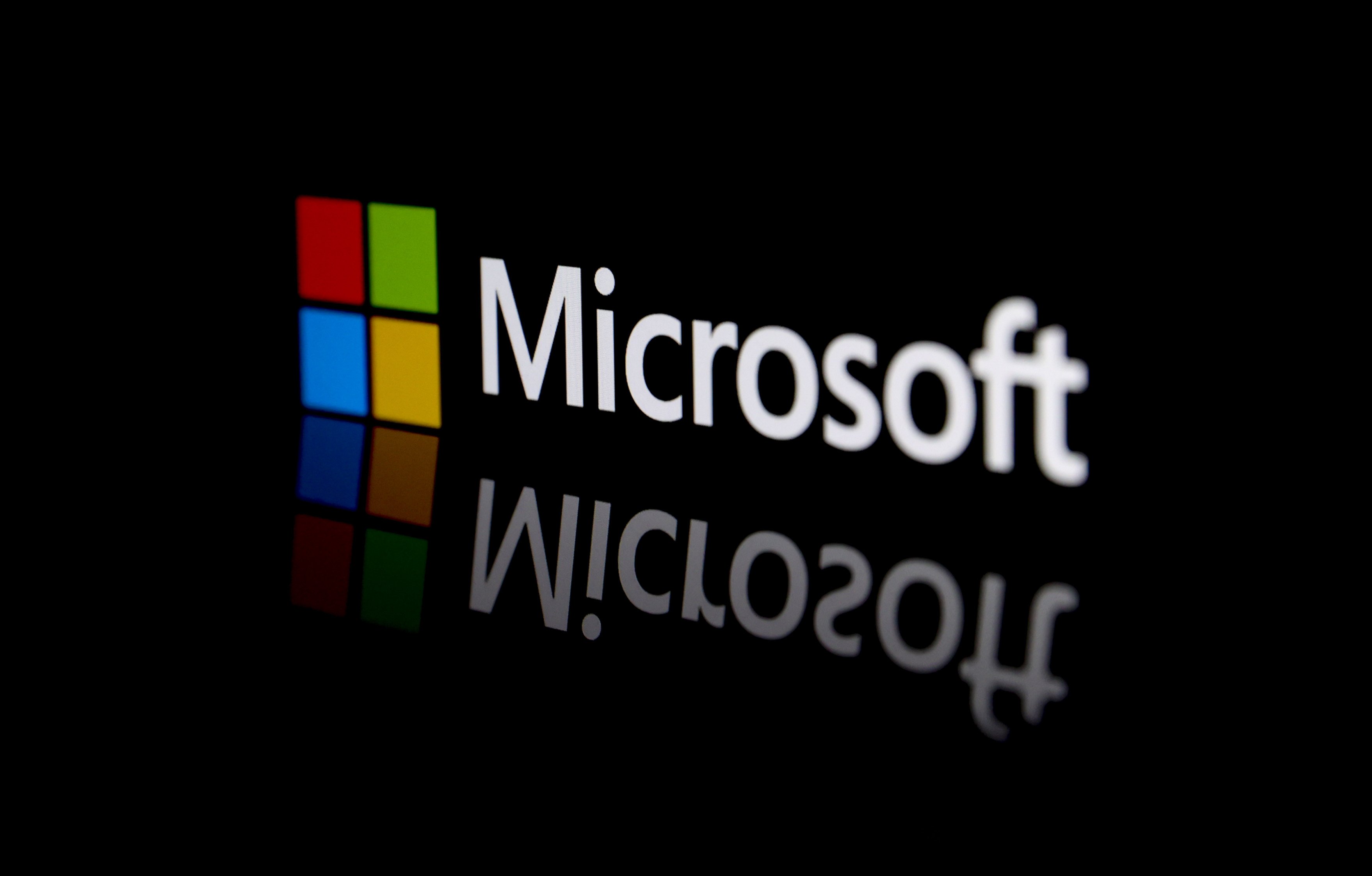Earlier this week, Microsoft (MSFT +0.14%) said that sales of Windows 8 licenses had already topped 40 million after the new operating system launched just over a month ago. Windows exec Tami Reller added, "We believe Windows 8 is shaping up is as one of the company's most successful products."
Getting a second opinion
Unfortunately for the software giant, market researcher NPD begs to differ. NPD says that the consumer PC and tablet market (excluding Microsoft Surface) hasn't gotten the boost that it needed following the launch of Windows 8. That's bad news for just about all companies that rely heavily on the Windows PC value chain, which is a lot. Over the past month, Windows device sales have fallen 21% relative to the same period a year ago, with notebooks showing particular weakness with a 24% drop.
The gloominess isn't necessarily all Microsoft's fault though, as analyst Stephen Baker said, "After just four weeks on the market, it's still early to place blame on Windows 8 for the ongoing weakness in the PC market. We still have the whole holiday selling season ahead of us, but clearly Windows 8 did not prove to be the impetus for a sales turnaround some had hoped for."
Ever since Windows 8 launched, the OS has comprised 58% of Windows device unit sales, lower than the 83% figure that Windows 7 grabbed after it launched. That shows that many consumers are still hesitant to make the plunge, likely due to the dramatically new interface. Even worse, NPD says that Windows 8 tablet sales have been nearly "non-existent," with tablet sales comprising less than 1% of Windows 8 devices sold so far.
That's pretty bad when you consider that the whole OS is optimized for touch input. On the flip side, notebooks featuring touchscreens are doing rather well, grabbing 6% of Windows 8 device sales. Those models cost more due to the inclusion of a touchscreen, with an average price of $867.
Let's talk Surface
There's not much talk about how Microsoft's new Surface tablet is doing. Steve Ballmer has already said the device is off to a "modest start" since it has limited distribution. Separate reports out of Digitimes say that Microsoft has slashed its Surface orders from suppliers by as much as half.
The "upstream supply chain" sources allege that Microsoft was originally hoping to ship 4 million units through the end of the year, which coincides with more credible rumors last month that the software giant was targeting between 3 million and 5 million units. Digitimes now says that Microsoft has cut that figure down to 2 million due to weak performance, while other Windows RT devices aren't faring well either.
Asus, Samsung, and Dell (DELL +0.00%) have all launched Windows RT tablets, but consumer adoption is tepid. Dell's XPS 10 Tablet is the PC maker's first foray into Windows RT, but it competes directly with Apple's (AAPL 0.34%) fourth-generation iPad with Retina display in price as well as size category. That's a battle that no iCompetitor has fared well in.
As a result, Digitimes thinks that Microsoft may need to launch its Surface with Windows 8 Pro earlier than expected and at lower price points to be competitive. That device is a more traditional PC running familiar Intel (INTC +0.50%) chips and supporting legacy applications. Intel's chip prices are higher than ARM-based silicon, and that inevitably translates into higher PC prices.
Microsoft quickly shot that speculation down by officially announcing pricing and availability for the Surface with Windows 8 Pro. The 64 GB model will start at $899 and ship in January, pretty much as expected. That means the entry-level Surface with Windows 8 Pro starts at a higher price point than a fully loaded iPad with LTE, which buyers can take home for $829. These devices are positioned differently, with Surface Pro being a full-fledged PC, but some consumers will inevitably stack them against each other.
There's a lot riding on Windows 8. Much to the chagrin of many PC players, it looks like it's stumbling out the gate.






